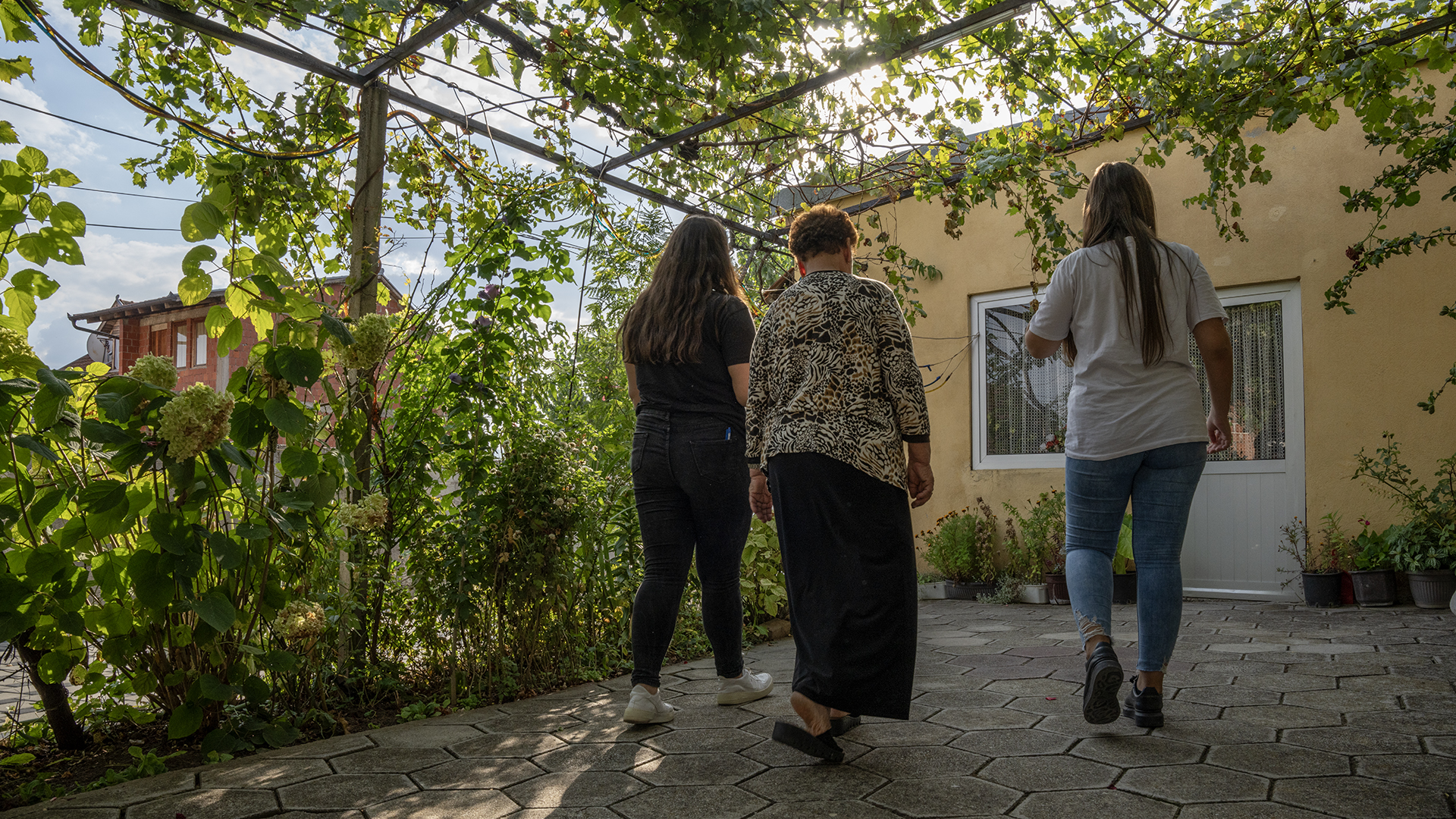
Fighting loneliness in old age
Models of caring for the elderly do exist.
|11.12.2023
|

Rexhep Maloku
Rexhep Maloku is a journalist on the local television channel Tema. From 2007 to June 2023, he worked as a journalist, translator and editor of international news and creator of the television show Cosmo at KOHA. He completed his bachelor’s studies in journalism and English. Currently, he is studying for a master’s degree in journalism, public administration and diplomacy.
This story was originally written in Albanian.